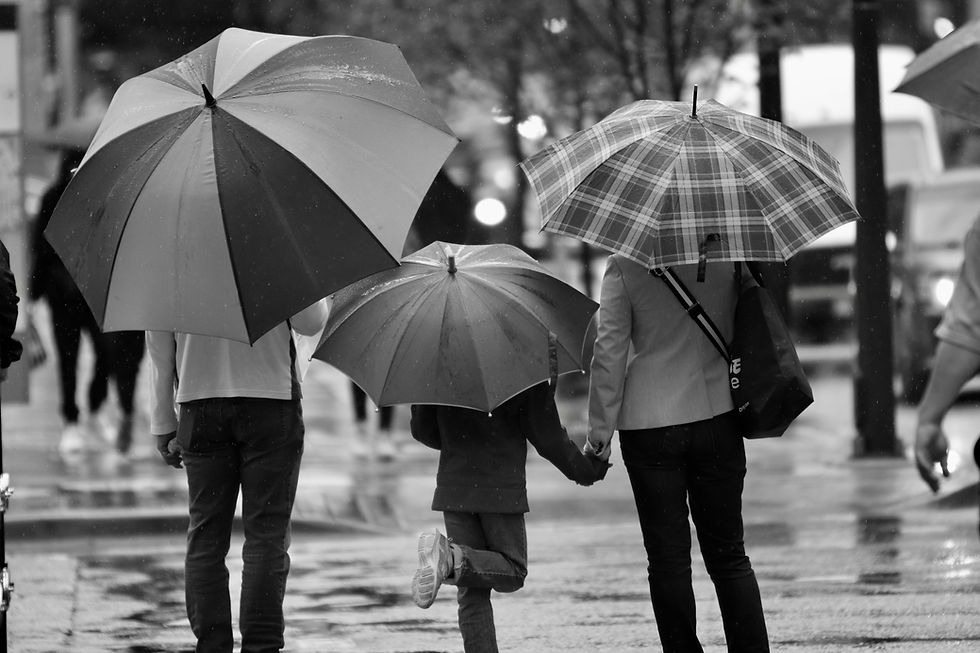"You'll ruin them forever!" How Parenting Myths Impact Equity
- liz demspey lee

- Nov 16, 2020
- 2 min read

My daughters are about 18 months apart, close enough in age that, as toddlers, they were constantly mistaken for twins. And strangers were drawn to us. Was it because they looked like twins? Because they were just so darn cute? Or did I just give off a "clueless mom" vibe?
Whatever the reason, I received unholy amounts of unsolicited advice - especially at the grocery store. One day, a local expert in child development stopped me in the frozen food section and lectured me for calling my daughter "shy". Apparently, I had ruined her by age 3. Oops.
Another day, in aisle 6, an older woman frowned at the same energetic 3 y.o. running alongside the cart and told me she'd better learn to control herself. In aisle 7, a different woman praised me allowing the same child the freedom to find her own way.
Unsurprisingly, I developed a dread of grocery shopping. However, I also realized that under these circumstances, my parenting would always please one person, and displease the next.
I noticed their advice fell into three main categories:
1/ "You'll ruin them forever" - The "extreme caution" approach to parenting in which small and unwitting missteps create adults who can't function and a society in decline.
2/ "If you'd only do [advice here]" - The "parenting for perfection" approach in which making the right decisions creates 'good' kids and successful adults - and are completely contradictory as you walk from aisle 6 to aisle 7!
3/ "Earlier is better" - The "everything will be ok if only" your child; walks, talks, reads, does gymnastics, plays piano, learns math... earlier, better, and more than his/hers/their peers.
Putting Equity at the Center of Parenting
So, are these true? No, not really (see below). More importantly, these parenting myths put pressure on parents to accept a narrow, rigid, and culturally biased view of parenting and ignore the realities that:
Human beings are different from one another, and so parenting is different from child to child, family to family, and country to country.
Parenting practices are trendy - they change over time and in response to societal beliefs.
These ideas reflect a "white, middle-class view of parenting".
The last is an idea I'm researching right now. The three parenting beliefs listed above reflect a traditional and "white" view of learning and parenting. And if so, ideas about "good" parenting would be inclusive and exclusive. Can our parenting beliefs be biased and divisive in ways we can't easily see? (I think yes). (Full disclosure - I am white and thinking about my privilege footprint has led me to delve deeply into these beliefs.)
There are many, many "right" ways to parent and a few spectacularly bad ways.
1/ It's hard to ruin a child forever, and certainly calling them shy will not do this.
2/ Nor do you "have to" do most things other parents do. Children are so different from one another. It's unlikely that a stranger will be able to offer you advice specific to your child and your family.
3/ Earlier is not actually better. Sometimes it's actually worse, but that's a whole different blog post!



Comments